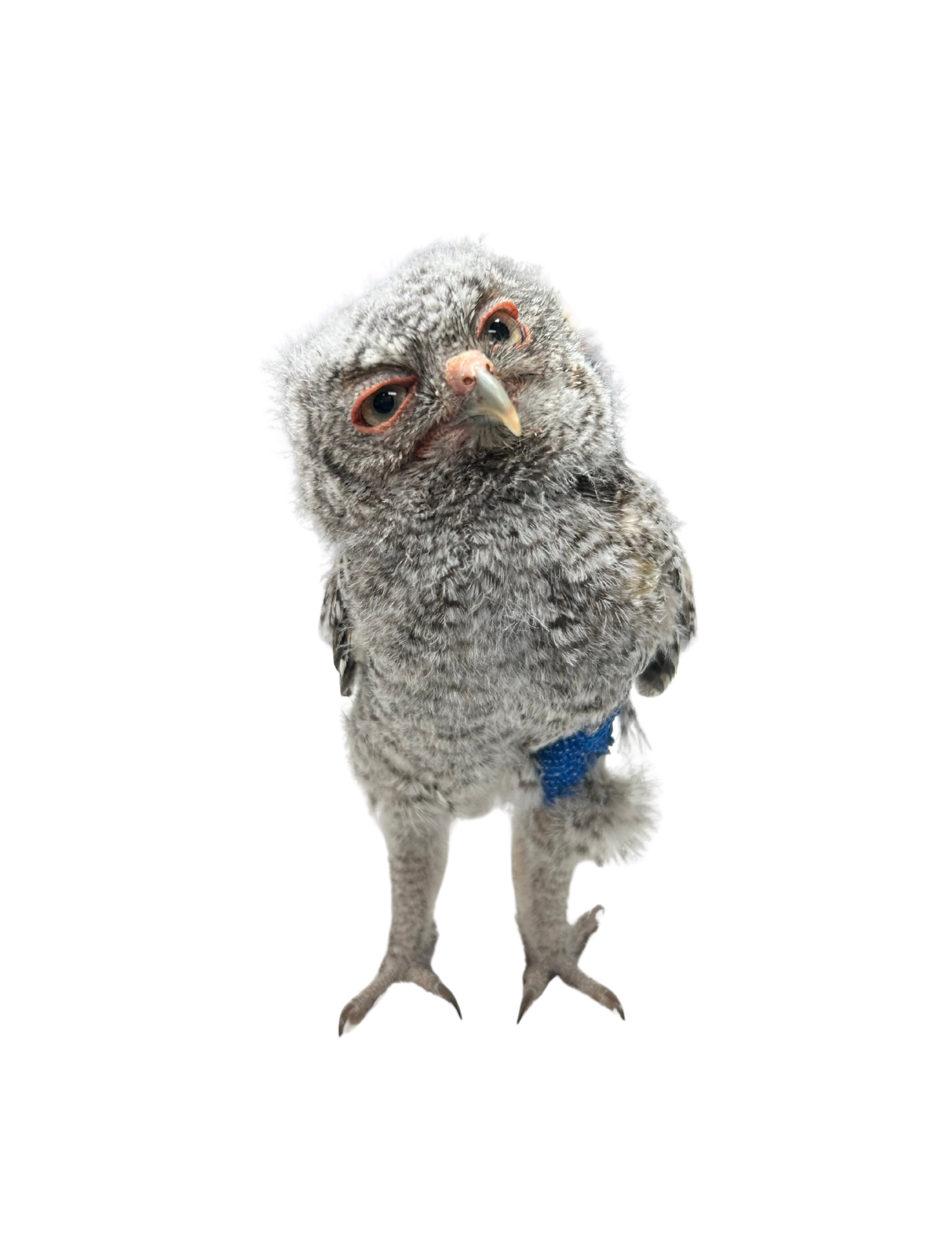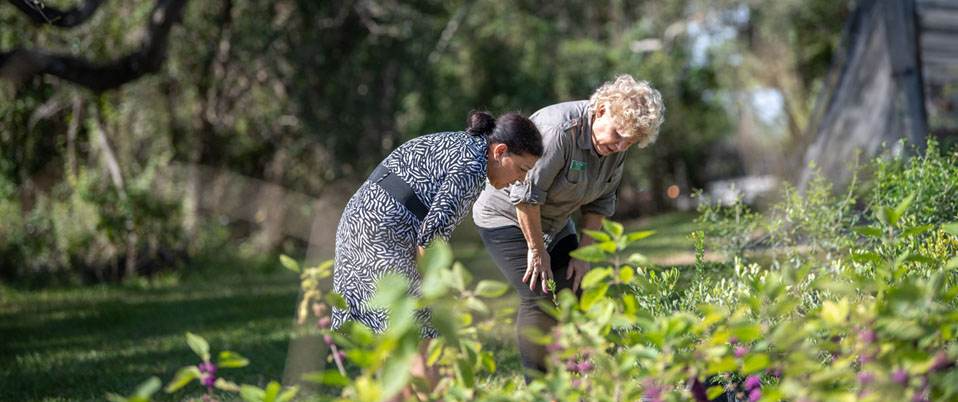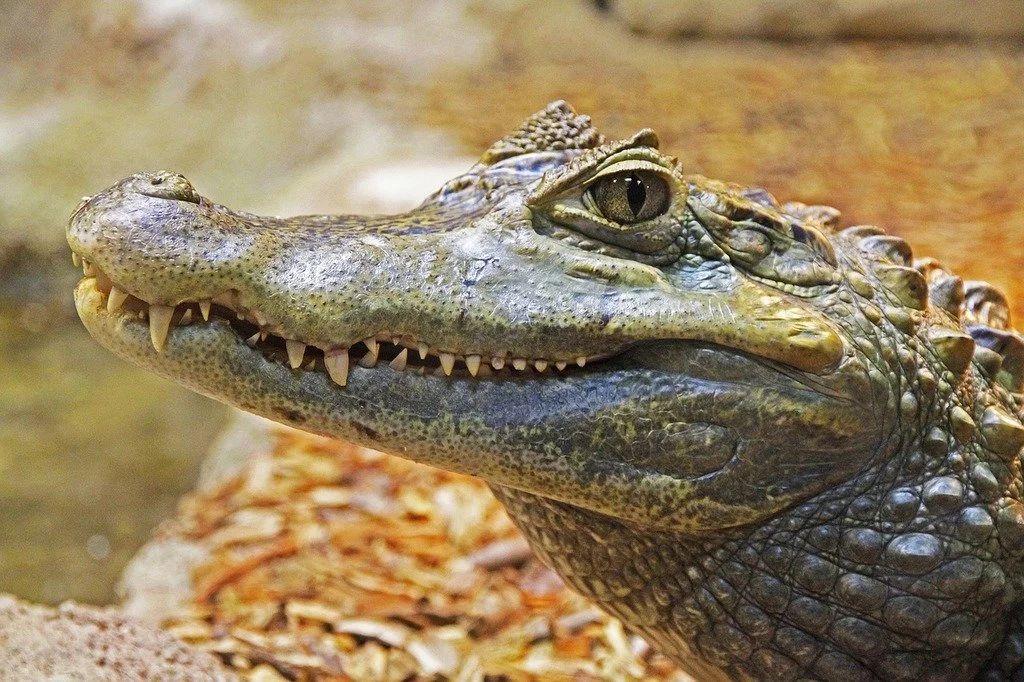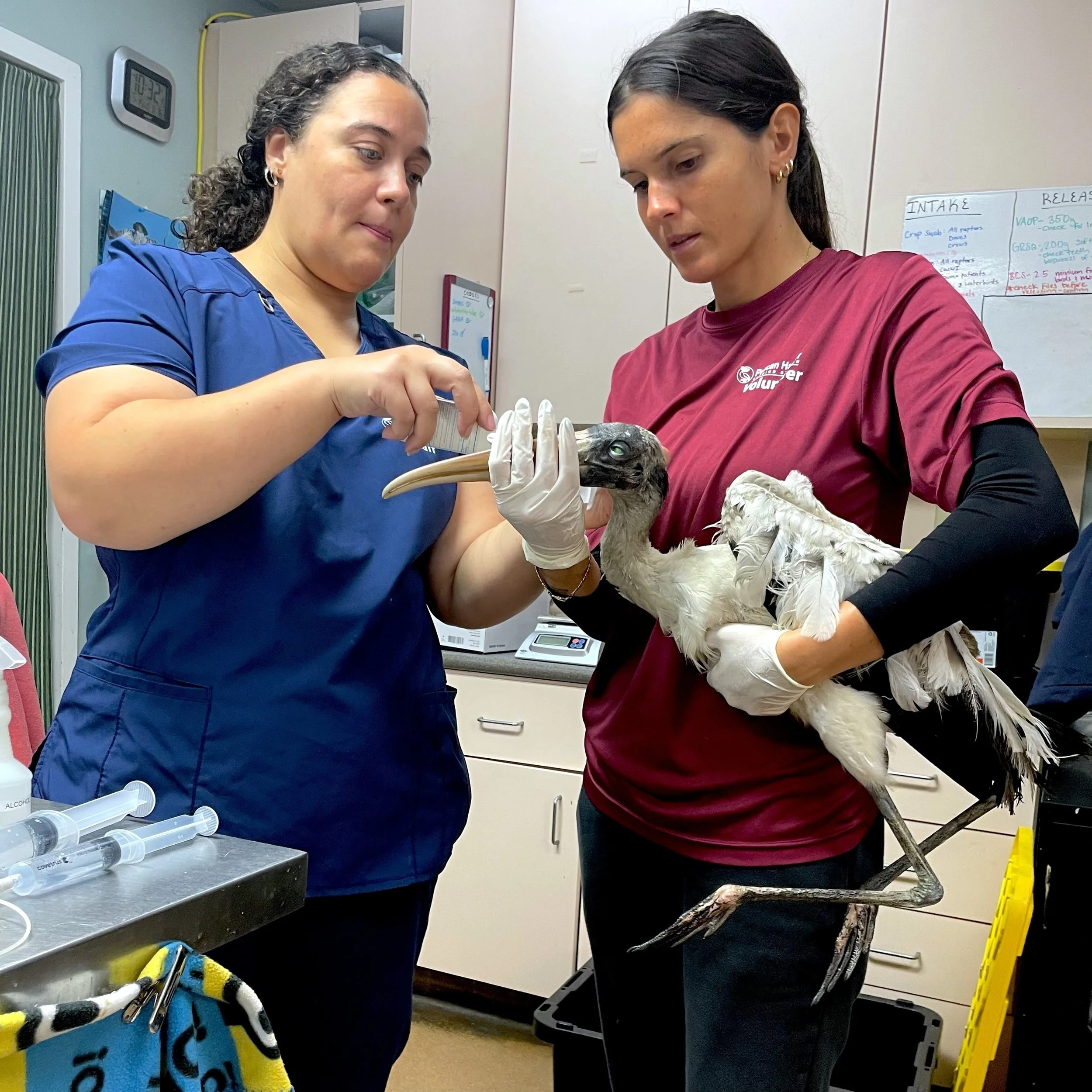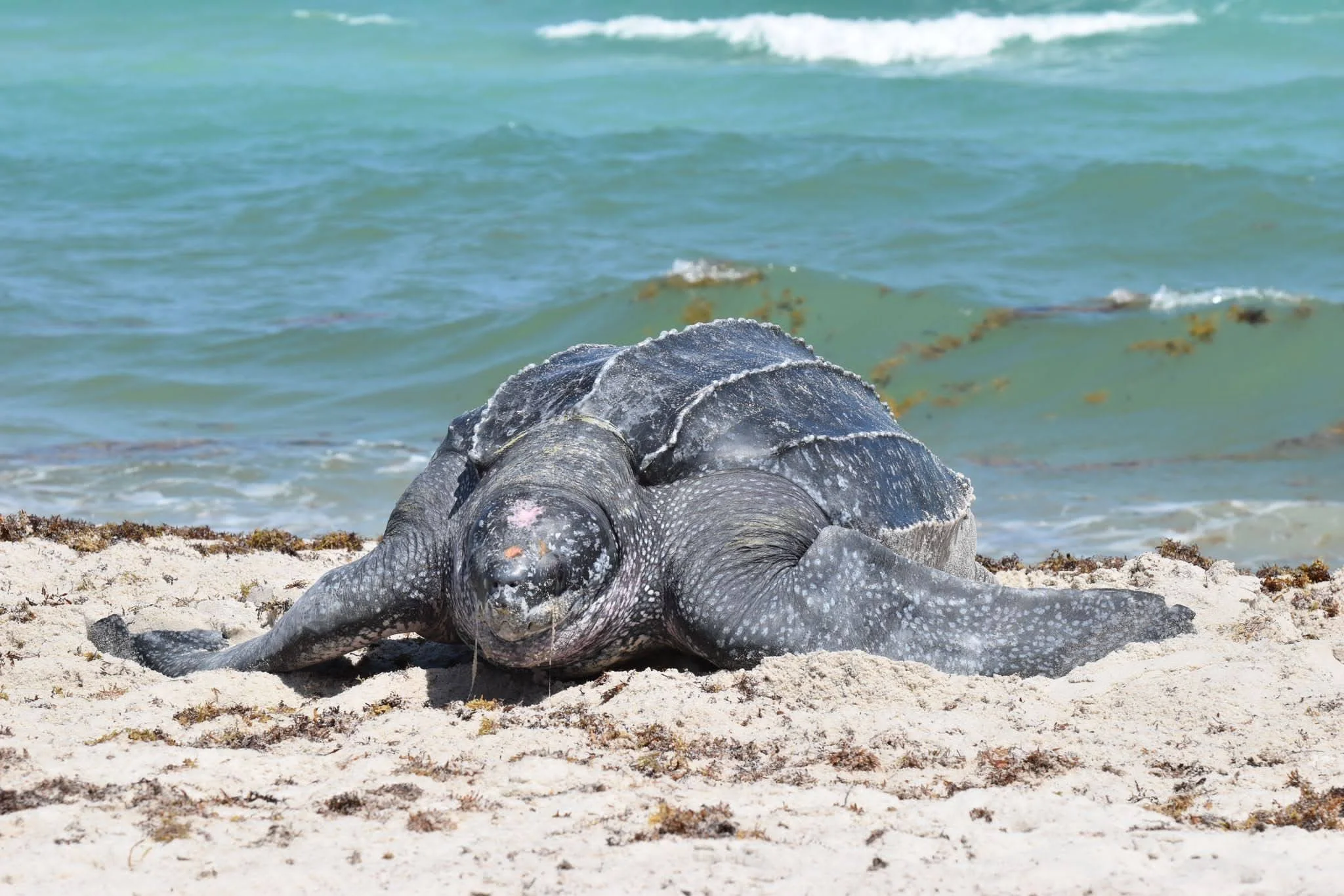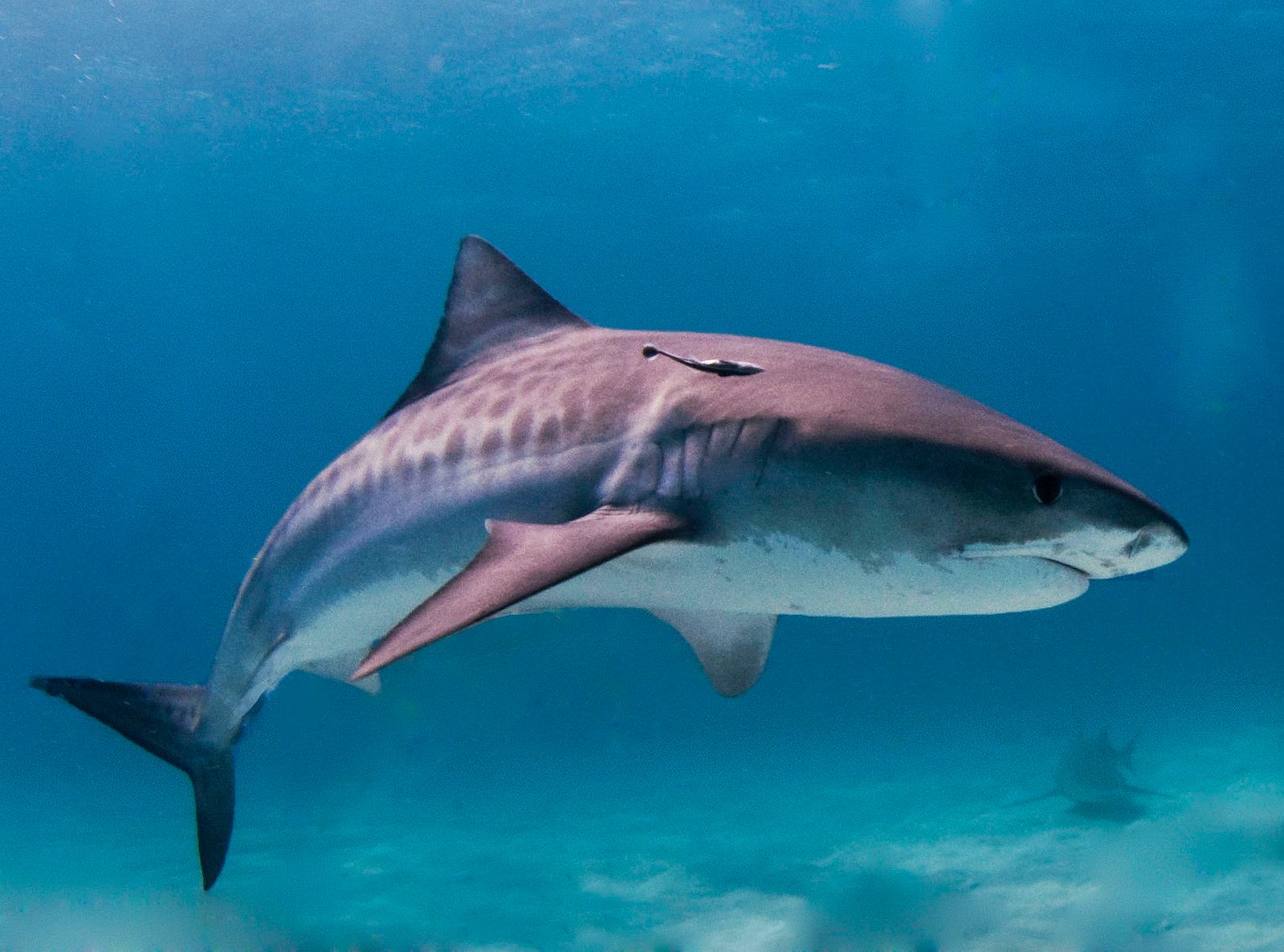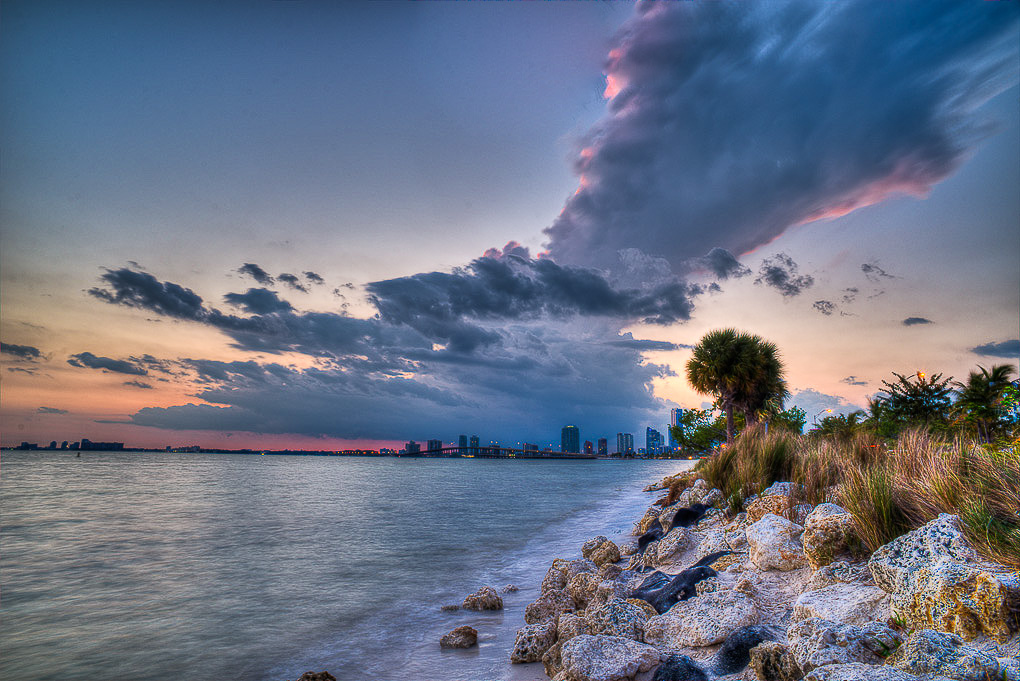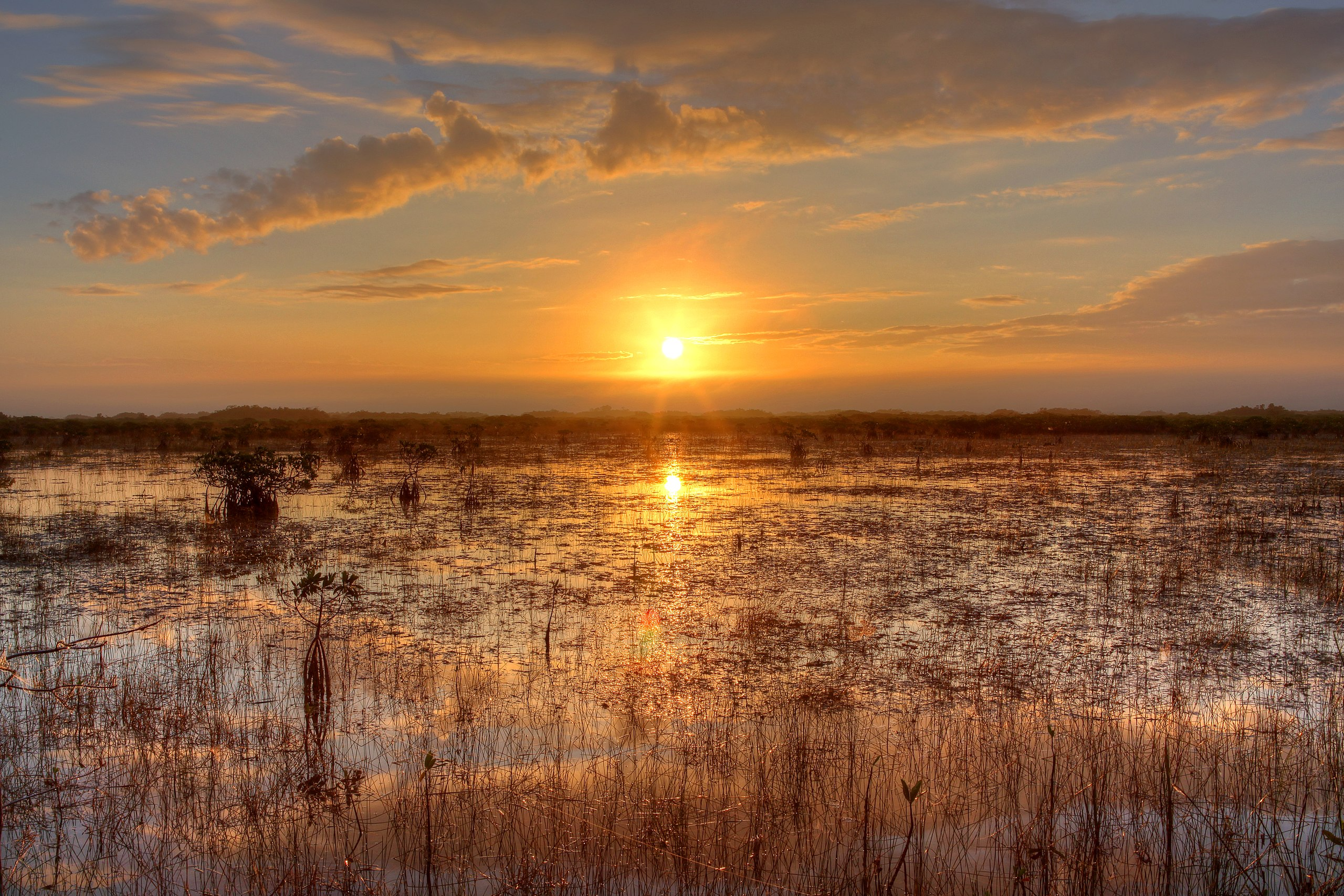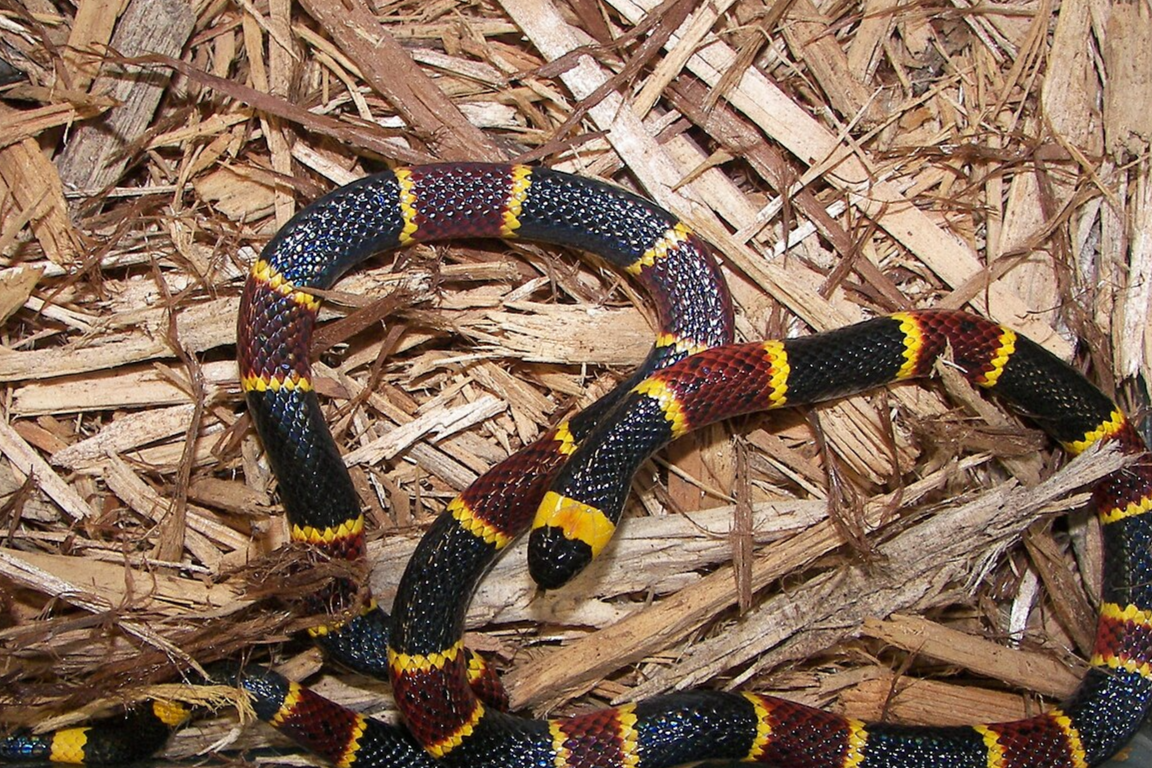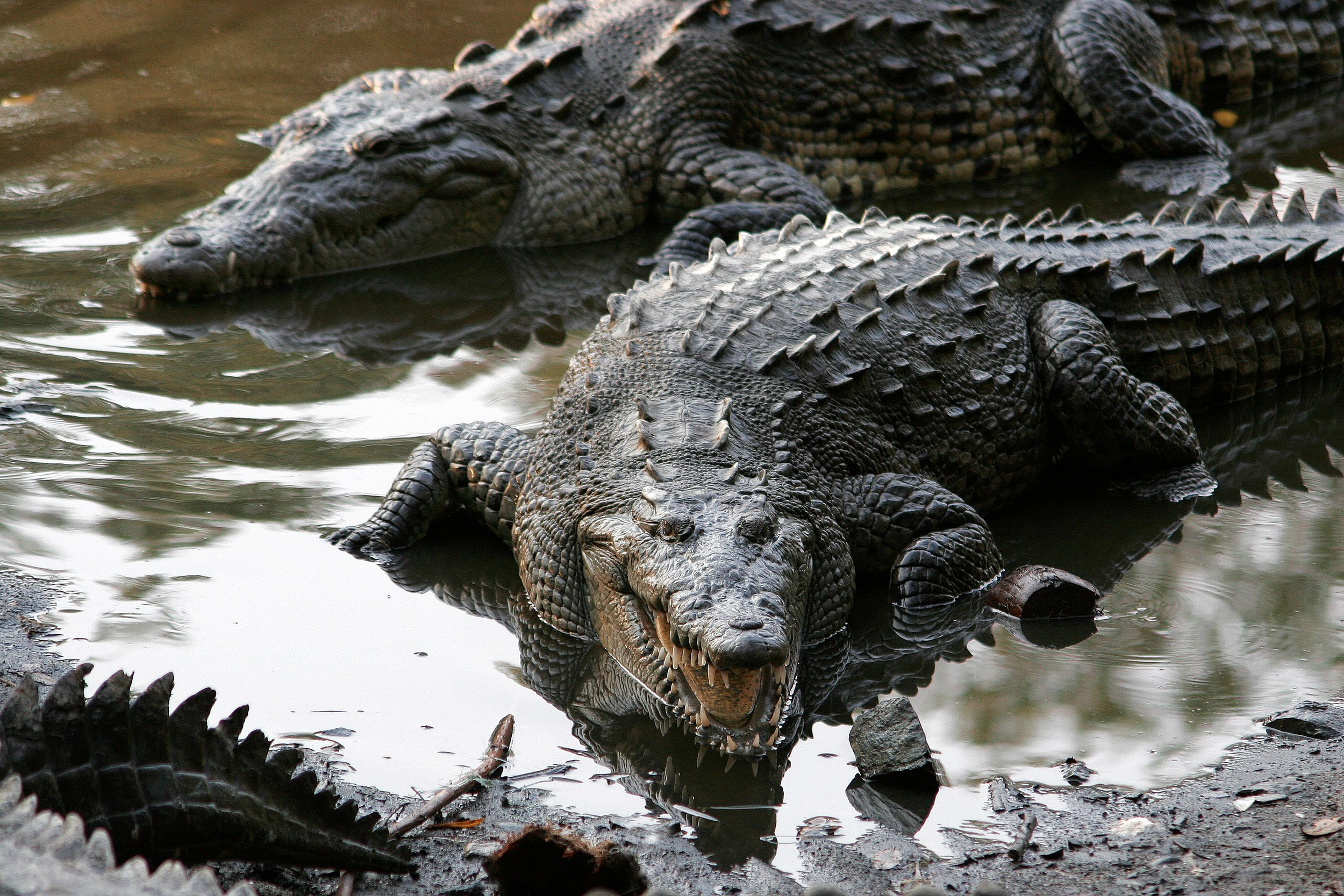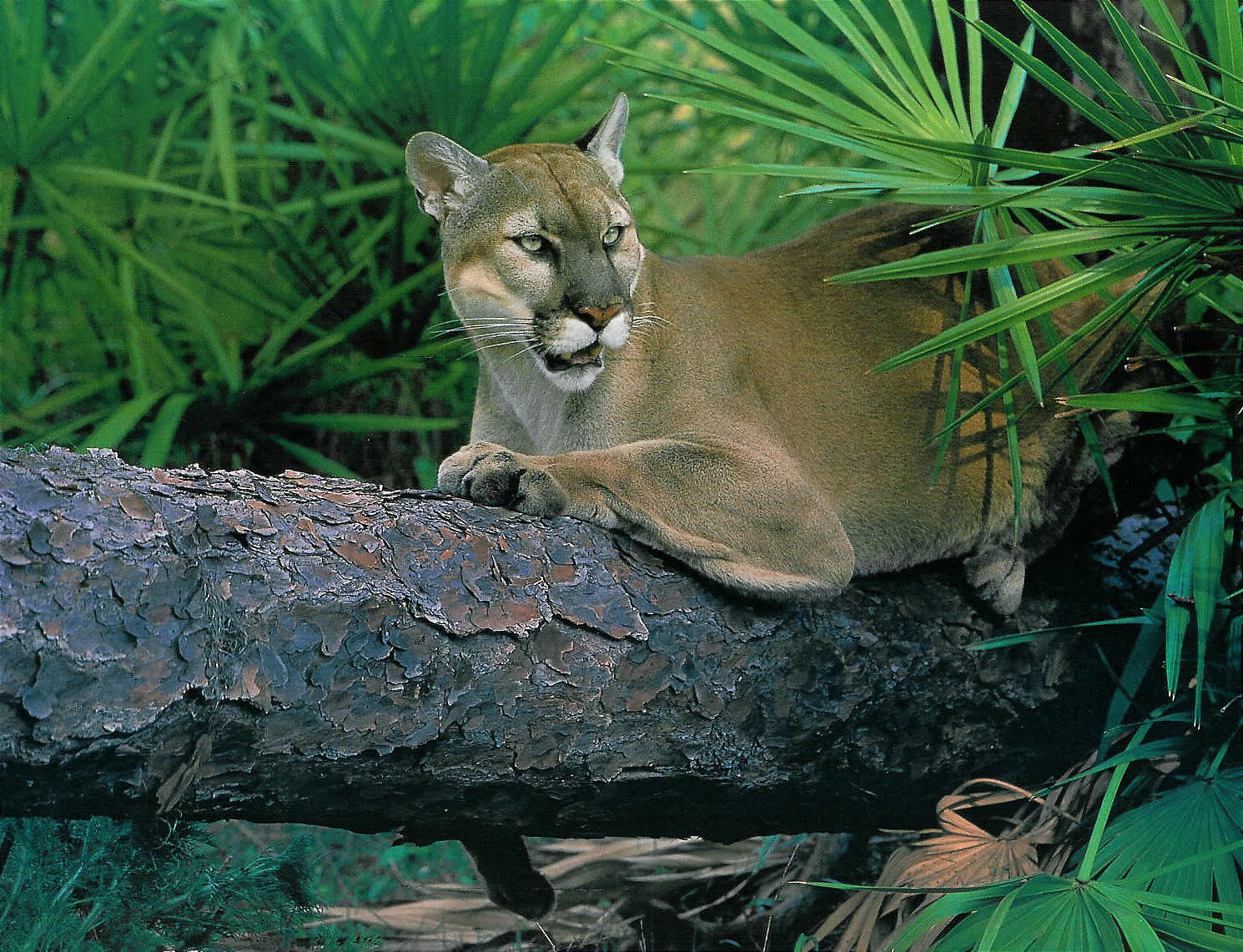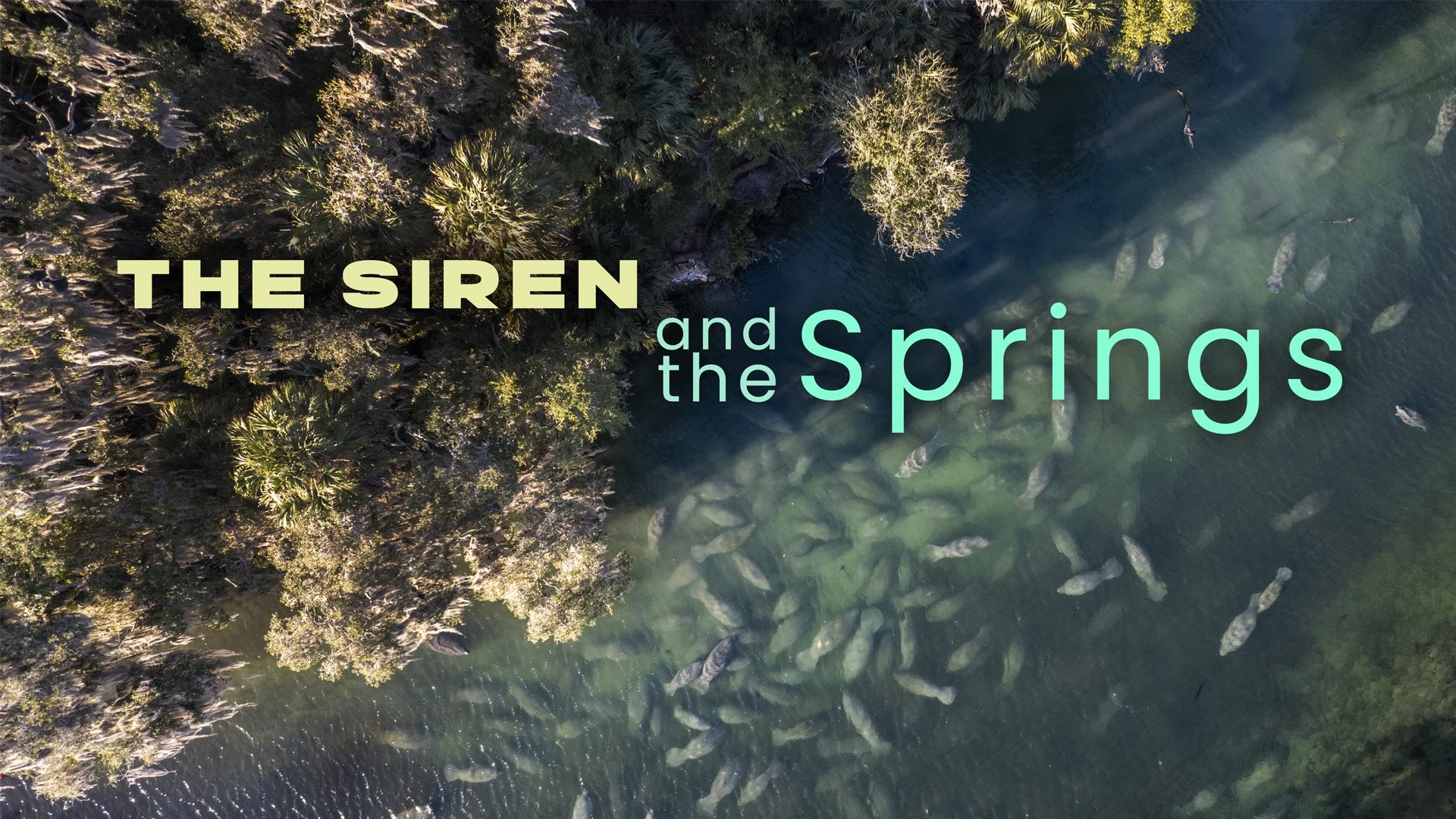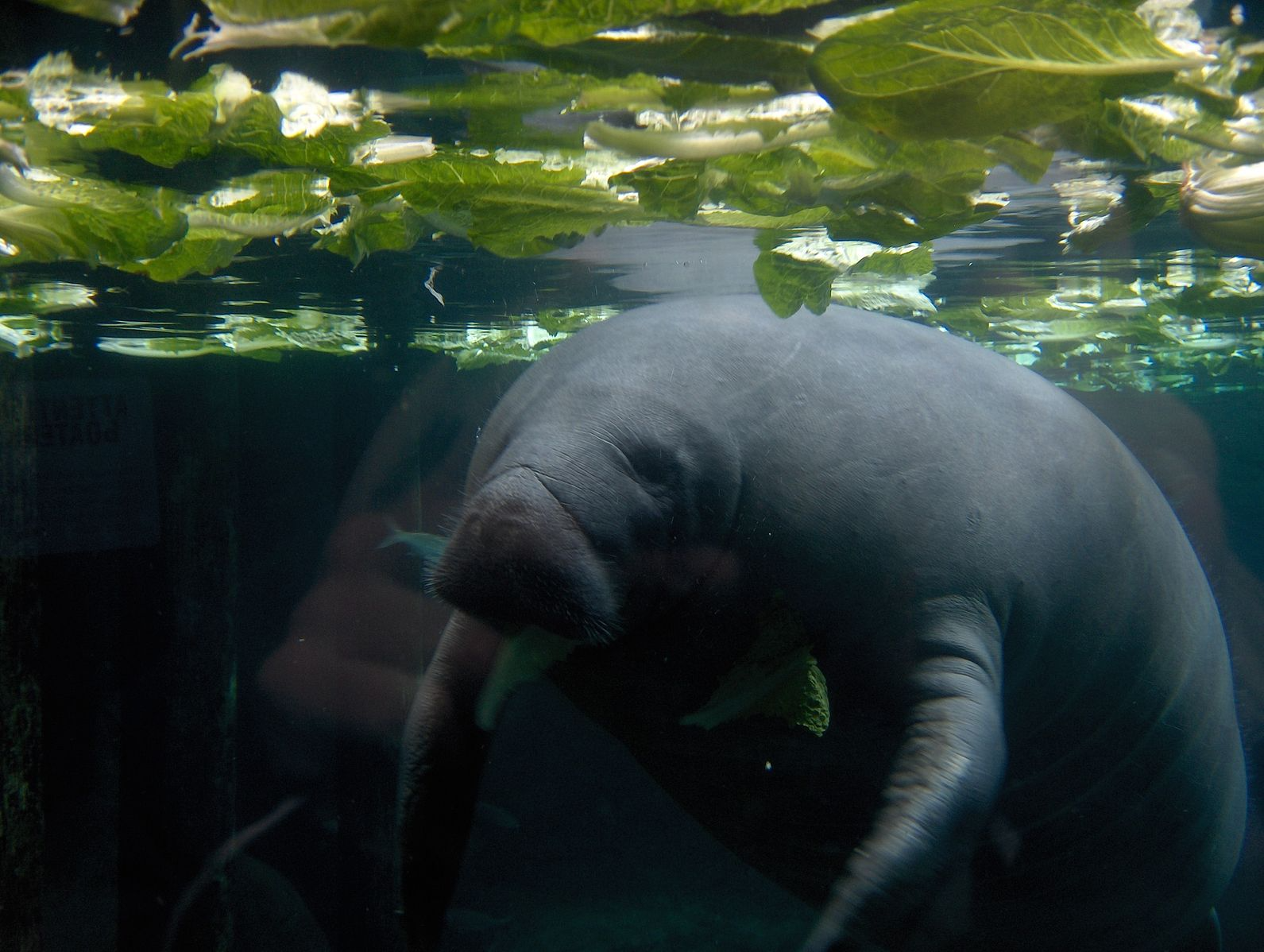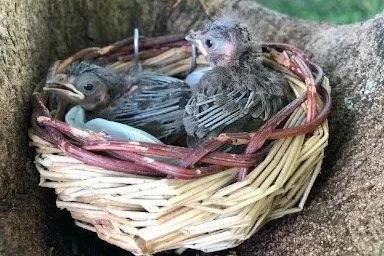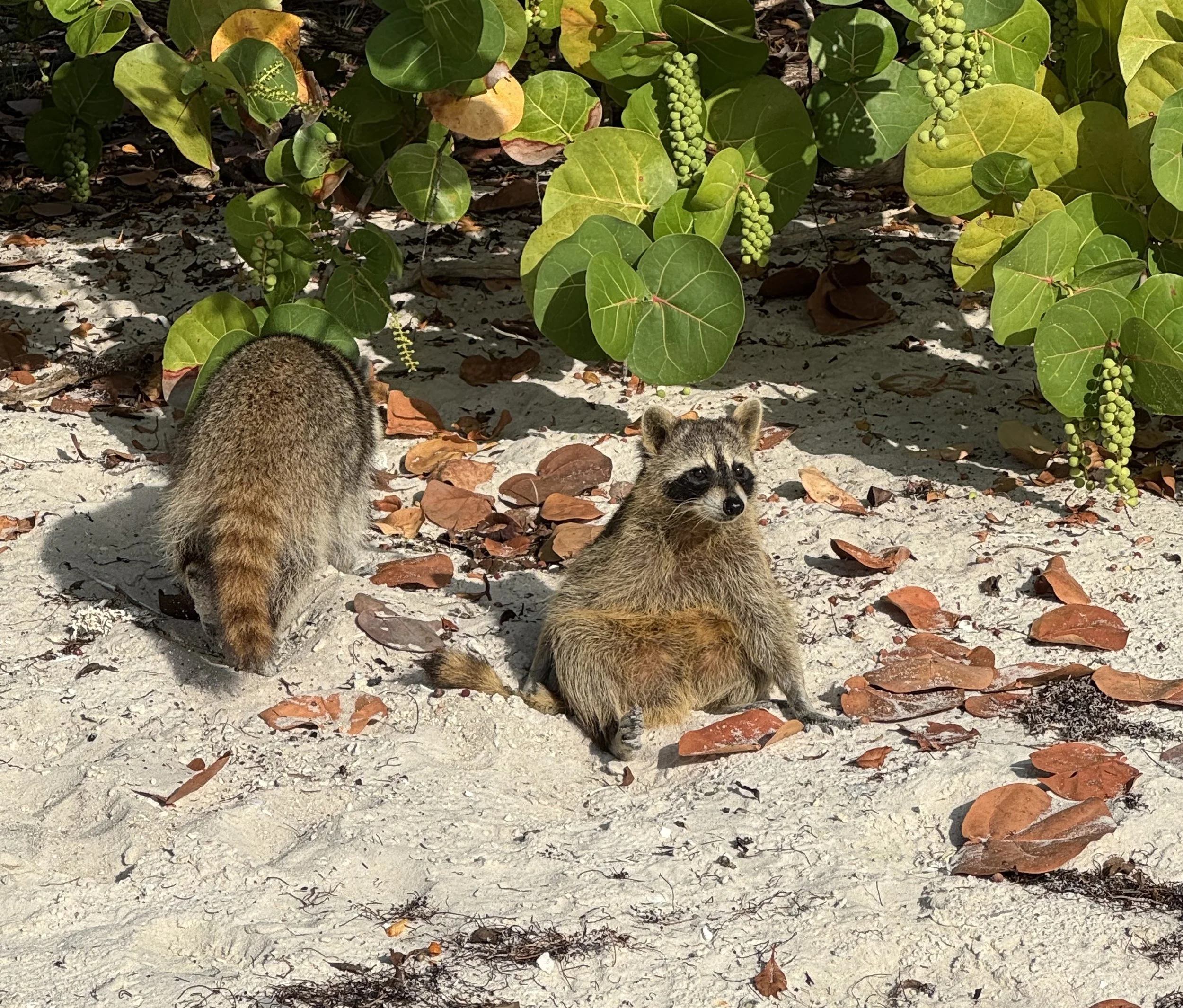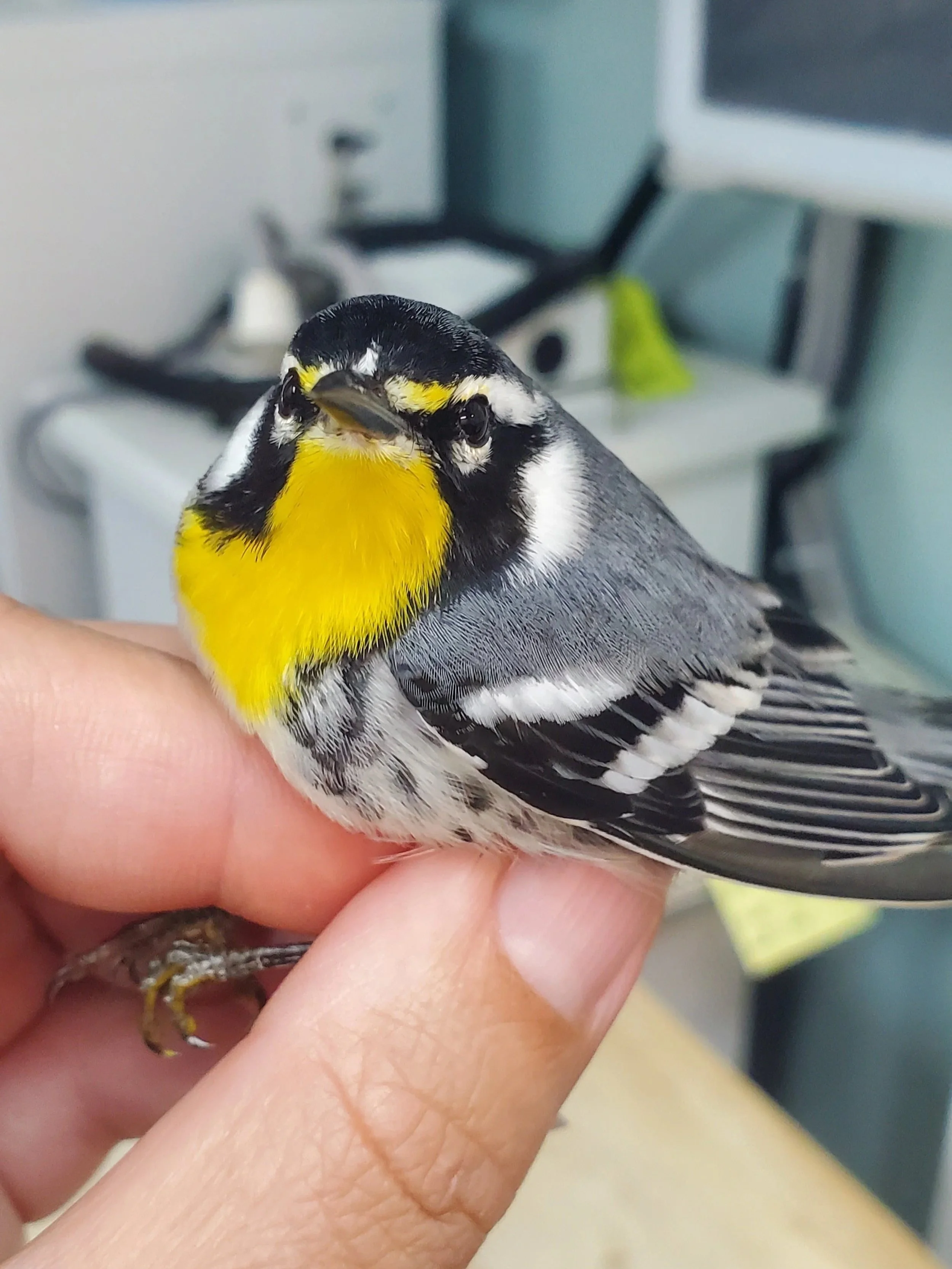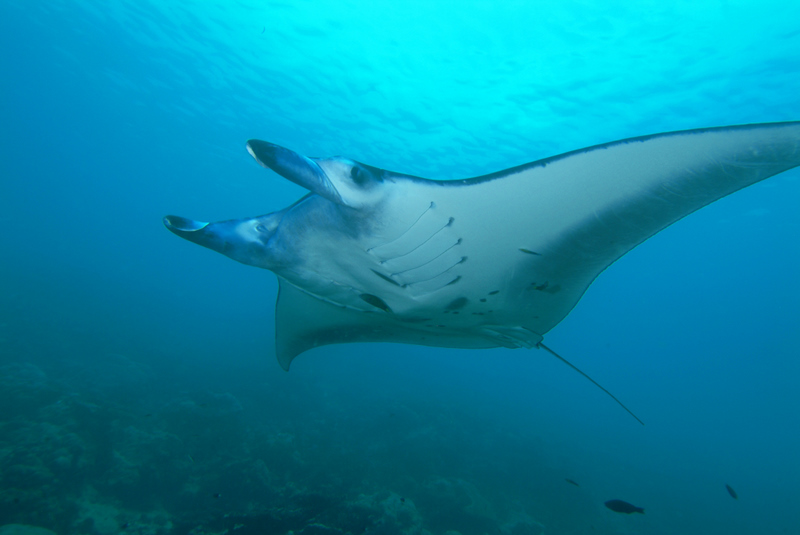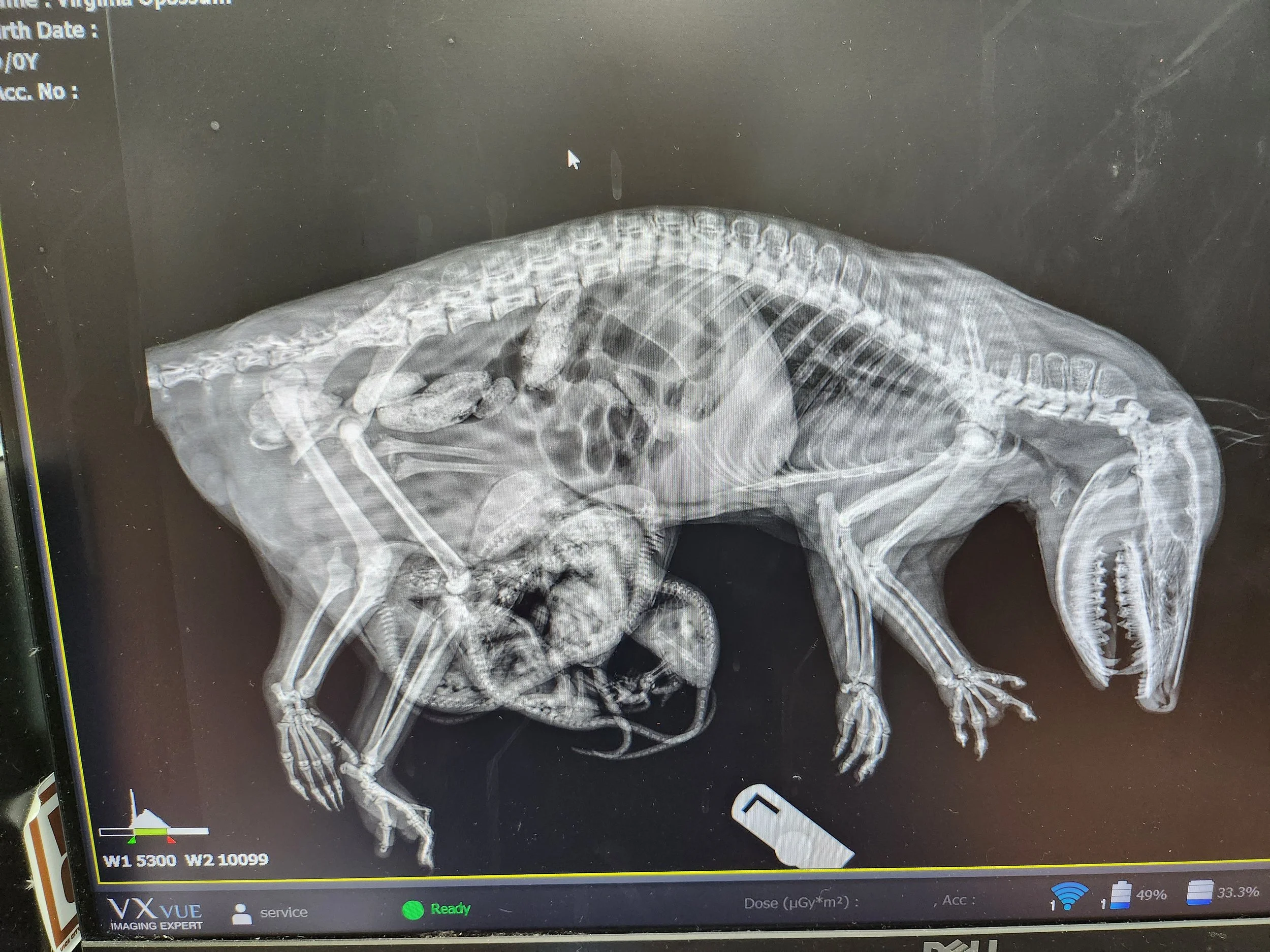
From Bunkers to Butterflies – Zoo Miami’s Role in Butterfly Conservation (with Tiffany Moore)
Wednesday, April 8th 2026
6:30pm - 8:00pm
6:30pm: Refreshments
7:00pm: Speaker, Q&A
Zoo staff have worked extensively with endangered and imperiled butterfly and moth species, providing valuable biological and ecological insights to Miami-Dade County preserve managers, U.S. Fish and Wildlife Service personnel, and Florida residents. Learn more about Zoo Miami’s involvement in butterfly conservation, which aids in conservation of other wildlife, and is driven by extensive collaborations with program partners throughout South Florida.
About the Speaker:
Tiffany Moore
Conservation and Research Specialist
Zoo Miami
Tiffany Moore currently works as a butterfly conservation specialist at Zoo Miami in the Conservation and Research department. She rears native Lepidoptera and conducts life history research. In addition, she hosts public butterfly releases and leads a program collaboration with Fairchild Tropical Botanical Garden to connect subpopulations of the atala hairstreak butterfly. Tiffany has published a life history paper on the Faithful Beauty moth in the Tropical Lepidoptera Research journal.


